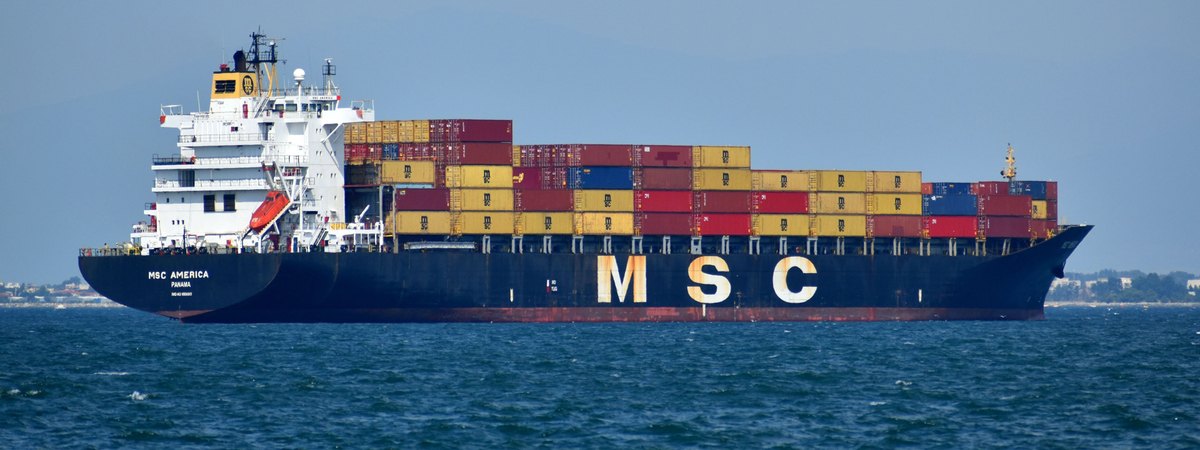Posted & Reviewed by C.J. Baker - Jun 02nd 2025
When discussing oilfield operations in Houston and throughout the Gulf Coast, it’s common to hear the terms oil platform and oil rig used as if they mean the same thing. However, understanding the distinction between these two structures can have significant legal implications for those employed in the energy sector—or injured while working in it. Each serves a unique purpose, operates under different conditions, and presents its own safety hazards.
In the context of an oilfield injury, knowing whether the incident occurred on a rig or a platform can impact the type of claim filed, the governing regulations, and ultimately, the compensation a worker may be entitled to receive. At Armstrong Lee & Baker LLP, we’ve helped oilfield workers in Houston and surrounding areas understand these distinctions and pursue fair compensation. We bring clarity, dedication, and a personalized approach to every case involving oil platforms or drilling rigs, no matter how complex or serious the injury involved.
We’ll fight for the compensation you deserve.

An oil rig is a piece of equipment used primarily for drilling into the earth to extract oil and gas. Rigs may be located onshore or offshore, and they include the machinery and tools necessary to bore through rock formations. Some rigs are mobile, such as jack-up rigs or drillships, which can be moved to new sites as needed.
Oil rigs are the machinery responsible for initiating the extraction process. They are often temporary setups installed to drill new wells. After drilling is complete, the rig may be dismantled or replaced by other structures designed to continue production.
Offshore rigs are massive constructions. According to the American Association of Petroleum Geologists, an offshore rig is a large structure on or in water with facilities to drill wells, to extract and process oil and natural gas, and to temporarily store product until it can be brought to shore for refining and marketing.
While an oil rig focuses on drilling, an oil platform serves as a fixed or floating facility that houses equipment, personnel, and infrastructure needed to extract, process, and transport oil and gas. These platforms remain stationary and operate continuously, often for years or even decades.
An oil platform is a long-term structure used for ongoing production and management. Platforms can be incredibly complex and include accommodations, control rooms, processing units, and communication equipment. They are built to endure harsh weather conditions and support sustained operations.
Oil platforms are especially common in regions like the Gulf of Mexico, where Houston-based companies play a central role in staffing and maintaining offshore facilities. These platforms are engineered to ensure efficient energy production and crew safety over time.
Although they often work together in oilfield operations, oil rigs and oil platforms serve different purposes:
In short, oil rigs initiate the oil extraction process, while oil platforms sustain and manage it over the long term. Both play vital roles but pose different risks for workers and unique legal challenges in case of an accident.
Despite strict industry protocols, oil rigs and oil platforms present significant dangers to workers. The remote locations, high-pressure systems, and presence of flammable materials make them some of the most hazardous workplaces in the world.
Common risks include:
These hazards are heightened offshore, where the emergency medical response is delayed, and evacuation options are limited. In Houston, where many oilfield workers live and commute to offshore sites, the danger is real and ever-present.
The oil and gas industry is heavily regulated to reduce the risk of accidents. Companies must follow safety protocols outlined by the Occupational Safety and Health Administration (OSHA), the U.S. Coast Guard, and industry organizations.
The American Petroleum Institute notes that offshore operators are required to implement multiple layers of protection, including:
Operators are committed to protecting the environment and worker safety through advanced technologies and risk management systems.
Still, safety measures are not always followed or enforced. When this occurs, workers may suffer serious harm due to preventable oversights or negligence.
You may have legal rights to compensation if you’ve been hurt while working on an oil rig or an oil platform. These cases often fall under maritime law or the Jones Act, and they require a deep understanding of both federal regulations and state laws in Texas.
We’ve helped Houston-based oilfield workers and their families secure compensation after offshore and land-based injuries. We know how to investigate accidents, gather evidence, and build strong legal cases that protect your livelihood.
Whether you’re facing lost wages, mounting medical bills, or long-term disability, our legal team is ready to advocate for you.
Your recovery matters. If you’ve suffered an injury on an oil rig or oil platform, Armstrong Lee & Baker LLP is here to help you understand your legal options and fight for what you deserve. Contact our Houston office today for a free consultation with a compassionate, experienced oilfield injury attorney.
C.J. Baker represents victims with serious injuries and he won’t let any corporation or insurance company stop his clients from getting complete justice. He has won millions of dollars for victims of 18-wheeler crashes, oilfield equipment failures, offshore platform explosions, and defective medical devices. Our lawyers have 25+ years of combined experience.


This page has been written, edited, and reviewed by a team of lawyers following our comprehensive editorial guidelines. Our lawyers have more than 20 years of legal experience as personal injury attorneys.

Maritime law, often called admiralty law, is a specialized legal system that regulates activities within navigable waters. It touches on several important areas: ...
Posted by Scott Armstrong

What is the Jones Act? Congress enacted the Merchant Marine Act, better known as the Jones Act, in 1920. The Act gives a right of personal injury recovery for ...
Posted by Scott Armstrong

All vessel owners or operators have a duty imposed by law to provide a safe and seaworthy vessel to any party involved with their boat. The owner or operator of a ship ...
Posted by Scott Armstrong
Trusted Personal Injury Attorneys in Houston
Schedule your free consultation with a top-rated Houston personal injury lawyer today